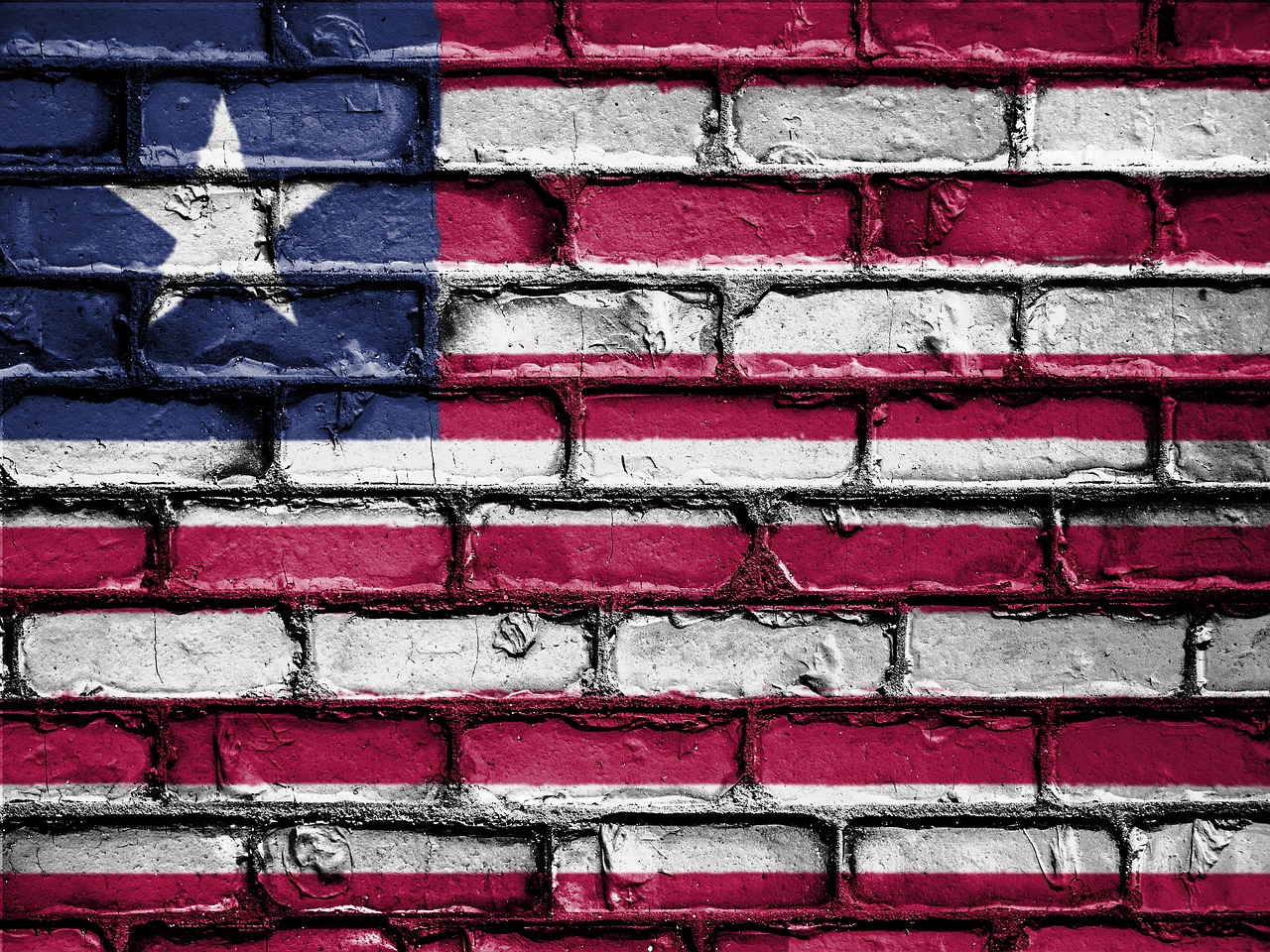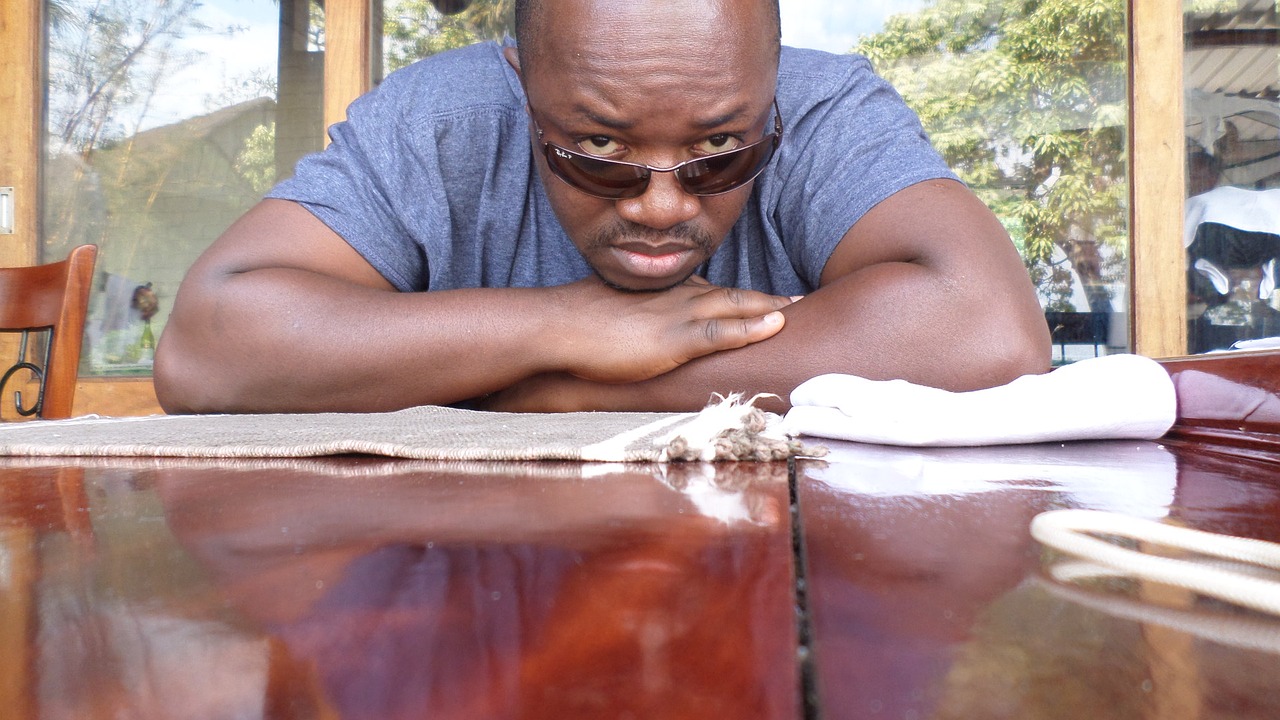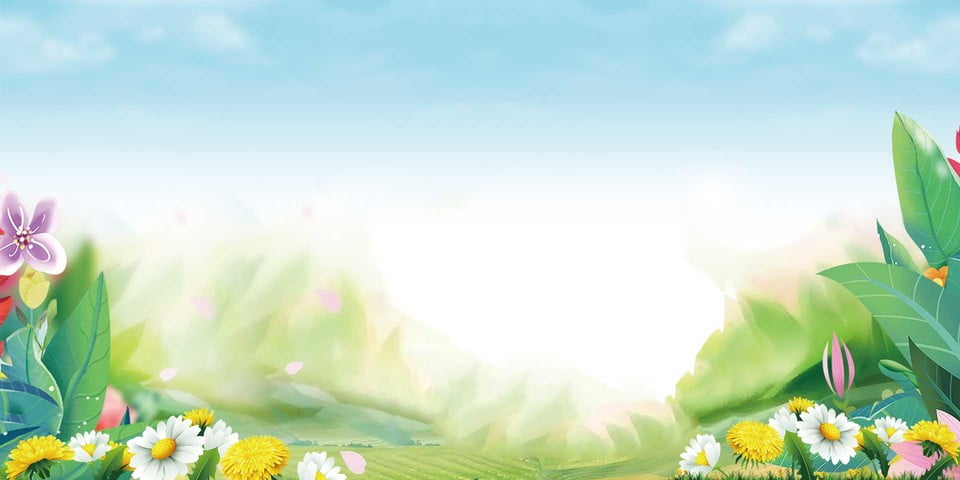Beyond Liberia’s natural gifts, which are ample and remarkable, this country boasts a rich and compelling history. Along with Ethiopia, visiting Liberia which is the only other African country to emerge unscathed and untouched from the scramble for Africa by European nations.
However, where this country has managed to escape the debilitating effects of colonialism, it has felt the impact of a long and devastating civil war that has severely impacted its development and scared away tourists, an important source of income.
The good news is, the country is emerging out of the doldrums of its torrid past and regaining its reputation as a prime tourist destination. In the meantime, the country’s charm remains as potent as ever, and visiting Liberia remains an exciting experience. In case you’re planning to do just that, here are a few things to know before you plan your trip.
Safety and Security In Visiting Liberia
Visiting Liberia is relatively peaceful these days, despite her long history of conflict. These days, the major challenge facing the country is crippling poverty, and this is unfortunately reflected in the prevalence of petty crimes, rape, and robbery, although violence is a rare occurrence. Don’t move about once it gets dark, and ensure that you keep your valuables as concealed as possible. Also, don’t leave doors open, both car doors and doors to your room.
You may run into gangs of former combatants, armed with guns and machetes, around the poorer areas of the country’s capital Monrovia. It’s best to avoid those places. Also, be vigilant and aware of your surroundings, and if you notice anything unusual, try to exit that area immediately.
Health
Liberia was recently ravaged by Ebola virus, although it has been declared free of the virus. Still, it’s a good idea to go with disinfectants, and avoid touching or shaking hands with people that look ill. The country has a high prevalence of HIV, so unprotected sex should be avoided as much as possible.
Malaria and typhoid are other ailments that have a high rate of prevalence in the country, so adequate preventive measures should be taken. The standards of medical facilities in the county are below par at best.
Don’t drink tap water in Liberia. While bagged water is inexpensive and readily available, they may not also be as hygienic as they should be. Bottled water remains your best option.
Visa Requirements In Visiting Liberia
Citizens of some African countries including Burkina Faso, Cote d’Ivoire, Nigeria, Senegal, and Sierra Leone can enter the country without a visa. People that have diplomatic passports from countries such as China, Kuwait, Turkey, Vietnam, UAE, and South Africa do not also need visas to enter the country.
People from all other countries would need a visa in order to visit the country. You would also need a valid passport, along with a certificate that proves that you’ve been vaccinated against Yellow Fever.
People and Culture
Liberians are some of the friendliest and most hospitable people in Africa. Greeting is an important social activity in the country, as much as you can, greet people and respond to their greeting too. Smile and shake hands too. The closer people are to you, the more likely they’ll be to warn you of impending security threats.
There are no restrictions to taking photos. In fact, the locals love it when you take pictures with them. However, the civil war is still a traumatic topic for many people. So it’s best to avoid talking about it entirely. English is the major language in the country. However, there are 16 ethnic groups in the country, and the further you get from the capital. The more likely you are to meet people who cannot speak English.



